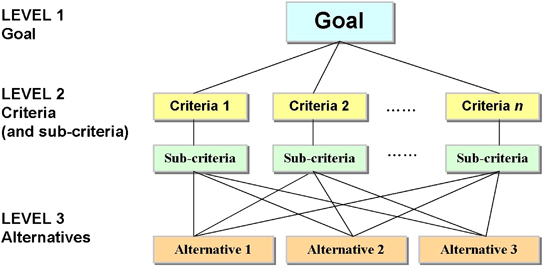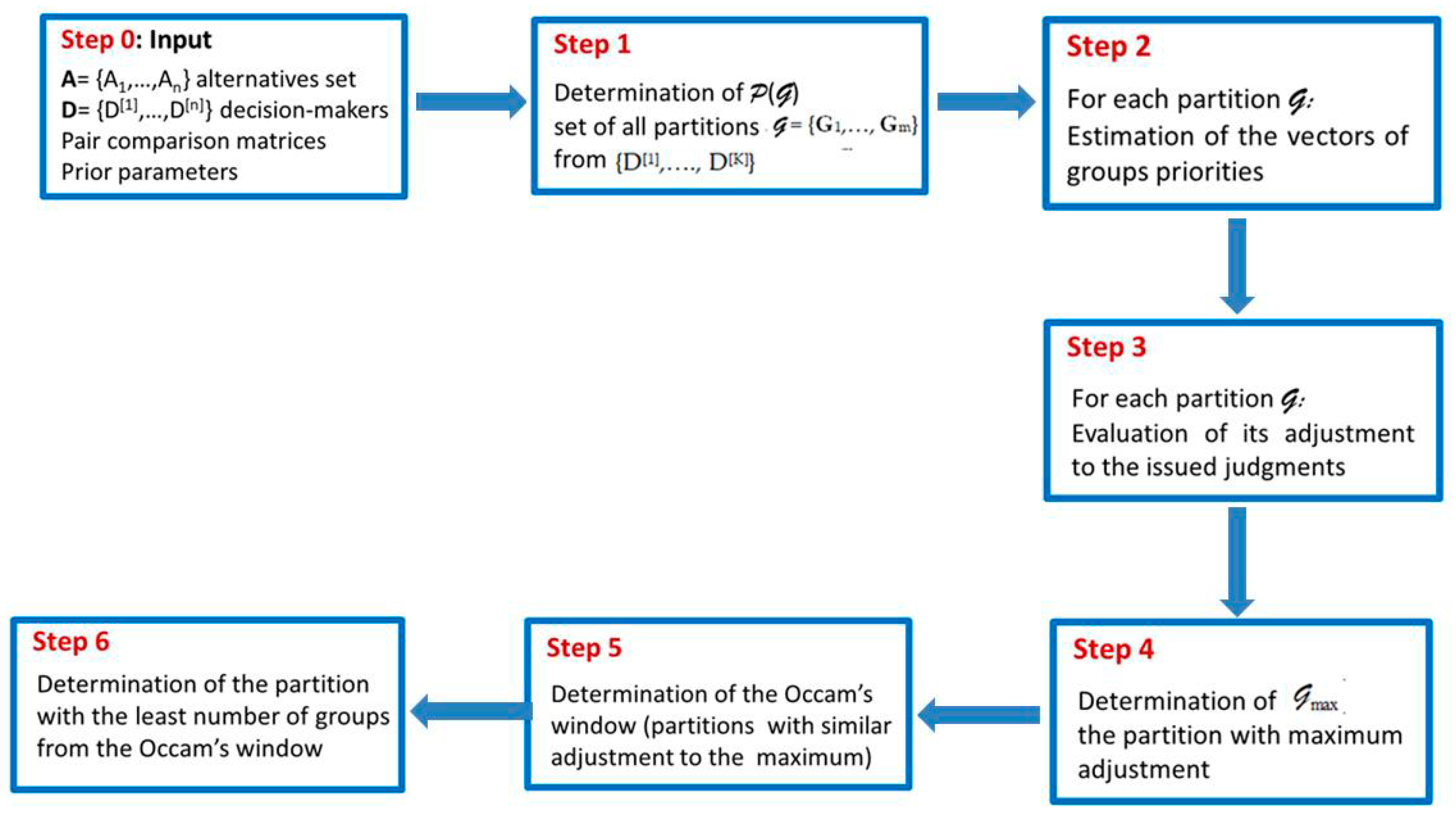
In this context, decision making represents a process that is subject to planning. An optimum decision presupposes two dimensions: a temporal dimension and a qualitative dimension. However, the quality of a decision is based on the power of the decision-making abilities in question.

The performance of businesses creates an ever-growing need for scientific knowledge. From the totality of options the manager must distinguish the optimum decision.
Ahp decision making central models professional#
Knowledge about decision making requires flexibility-something which is readily appreciable in business and professional contexts, but is necessary when it comes to making any decision, whether it is a personal decision, a family decisions, and so forth.

There are decisions for our families, our children, clients, employers, stockholders, patients, students, elderly parents, club members, and so on. Decisions are ubiquitous, affecting innumerable aspects of our lives. The ability to make decisions is an attribute of the human species, the exercise of which engages individuals throughout their lives. Thus, the commitment of the science-oriented manager to various sources, such as informatics, statistics, mathematics, etc., enables decision making based on more reasonable and argumentative analysis.ĭecision making is an activity that has a fairly large scope and impact on business performance. While some scholars admit that making decisions based on experience is common in, for instance, Egyptian manufacturing firms, there is uncertainty in the process related to the size of the company, the risk factors increasing the consequentiality of the decision, environmental hostility giving rise to an interplay between intuition and disturbance argue that the empirical examination of intuition has an importance role in effective decision making. Frequently, the decision-making process is guided by experience. The manager also faces complex decisions-decisions which, as a rule, involve several people and many variables, for which various criteria need to be into account to solve them, some of which may not be quantifiable but are important, or may be important at a later time. It is this complexity that necessitates an extended evaluation phase in decision problems. Decision-making problems are of different sorts, presenting different challenges there may be more than one solution to a problem, or a number of criteria in relation to which the alternative solutions have to be evaluated, or a number of alternative possible future scenarios in which different solutions would be optimal. This complicates a manager’s decision making, especially when the decisions are critical for the future of the business. Practically, decision making has an impact on a variety of factors that in some cases come into conflict with each other. The paper’s findings offer an important guide for managers to improve decision making and enhance performance in competitive markets.

Through a case study, this paper explores the AHP, a method with three levels in which the identification of decision-making criteria is based on the perceptions of managers and consumers. We would like to show that the AHP method could be of great use in decision making. One of these is the Analytic Hierarchy Process (AHP) method-a method which should receive more attention than it has up to now. Various methods have been developed for multi-criteria decision making. In order to find appropriate methods for assessing and prioritizing goals, new approaches to decision making should be adopted. Currently, in the countries in the Albanian-speaking regions of the Western Balkans, intuitive decision-making methods predominate. Managers are therefore interested in acquiring and implementing reliable methods for making decisions both now and in the future. Decision making is a significant responsibility for business managers, their decisions impacting business performance.


 0 kommentar(er)
0 kommentar(er)
